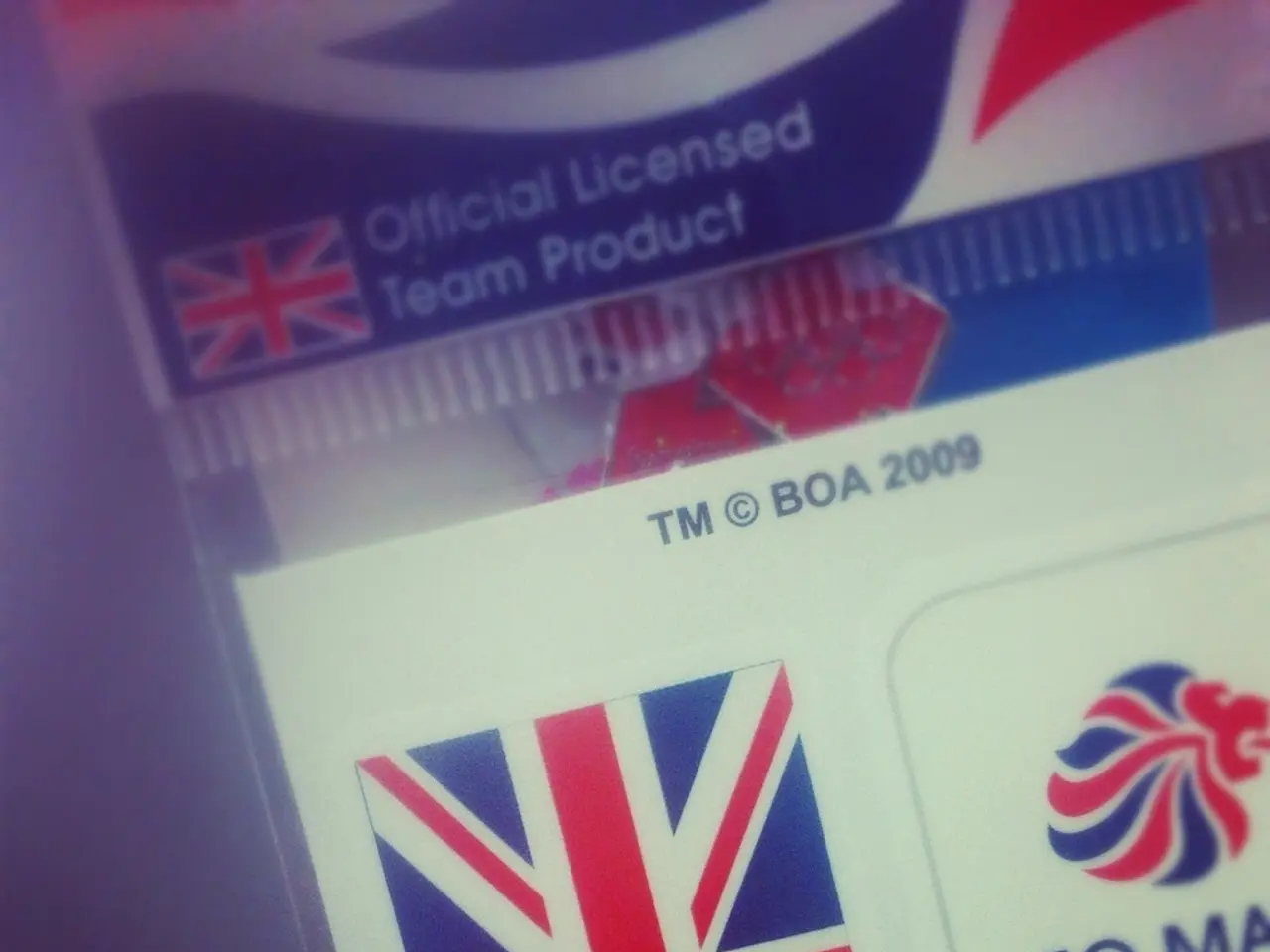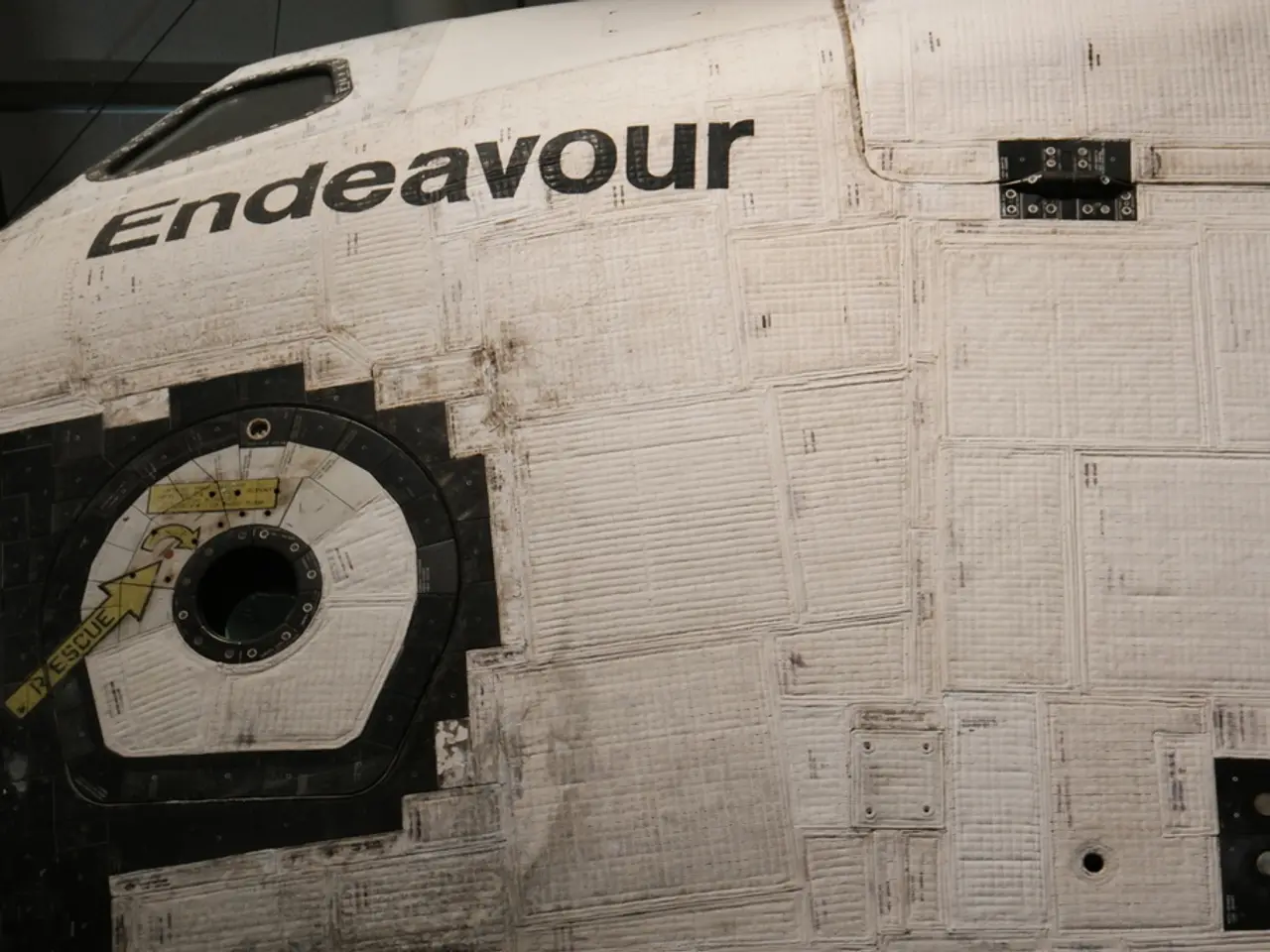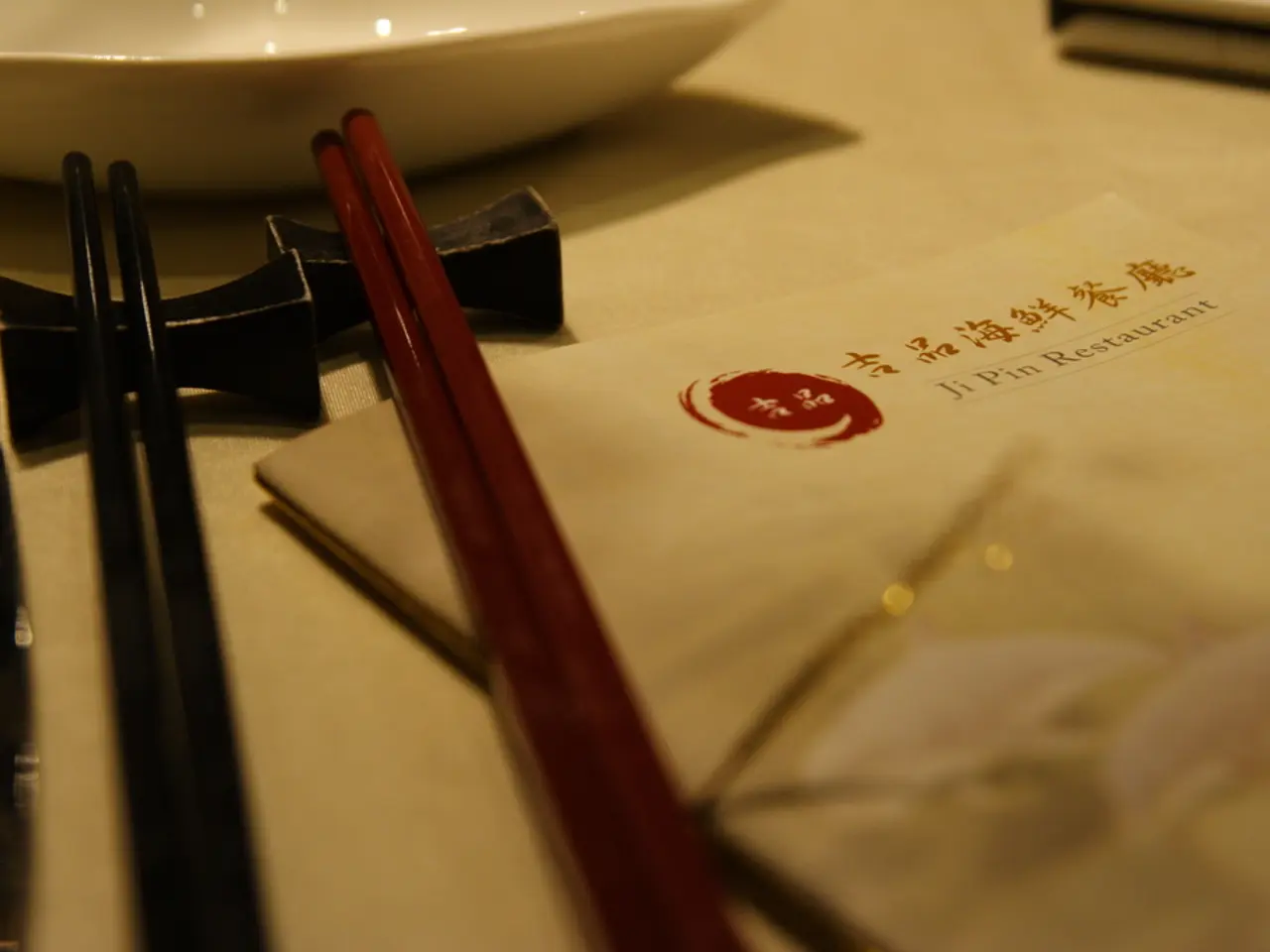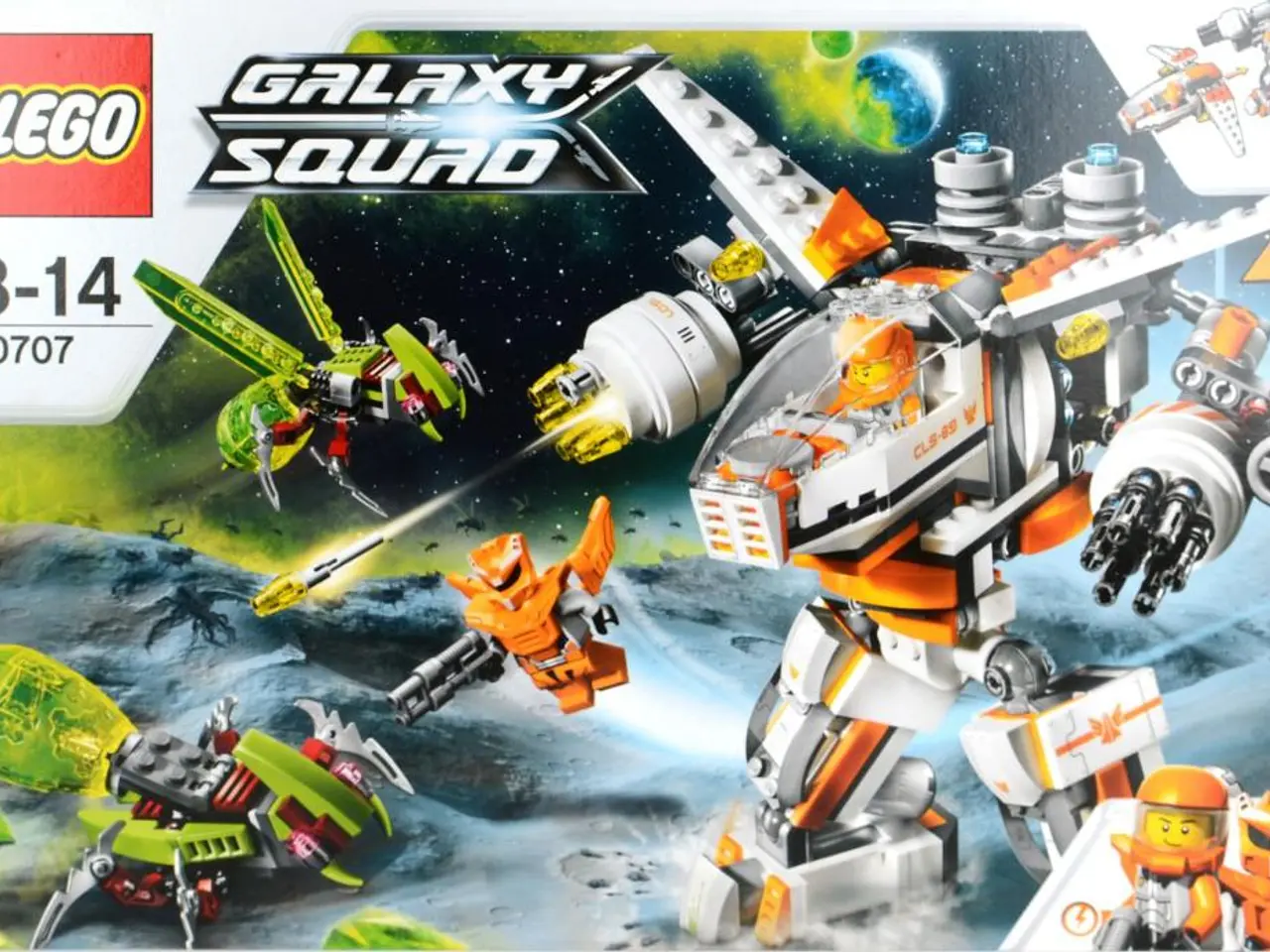Court Reverses $8.8 Million Decision in Favor of Bored Ape Originator in Trademark Dispute
The legal battle between Yuga Labs and artist Ryder Ripps over the Bored Ape Yacht Club (BAYC) NFTs has taken a new turn, following a decision by the 9th US Circuit Court of Appeals. The court has overturned an earlier judgement in favour of Yuga Labs, paving the way for a trial to determine the fate of the case.
Initially, Yuga Labs had sued Ripps and his partner Jeremy Cahen in 2022, accusing them of creating counterfeit copies of BAYC NFTs that infringed on Yuga’s trademarks. Ripps, on the other hand, argued that his NFTs were satirical works aimed at criticizing alleged racist imagery tied to BAYC, a claim Yuga Labs and BAYC have previously denied.
The initial ruling, which awarded Yuga Labs $9 million without a trial, has been overturned. The appeals court ruled that Yuga Labs had not sufficiently proven that Ripps and Cahen’s NFT collection, called “Ryder Ripps Bored Ape Yacht Club,” was likely to cause consumer confusion with BAYC.
Yuga Labs has indicated its intention to continue pursuing the case at the district court level, framing the appeals ruling as a step in the ongoing process to protect its brand. Ripps, however, hailed the decision as a victory for artistic freedom.
The trial, which will focus on Yuga Lab’s claims of trademark infringement and cybersquatting, will now determine whether Ripps and Cahen’s tokens infringe Yuga’s trademarks. The total amount Ripps and Cahen are ordered to pay to Yuga Labs is currently unknown, as it includes attorney’s fees and other costs not yet specified.
The dispute, which has been embroiled in a legal battle over the creation of copycat NFTs, also named Jeremy Cahen, the founder of NFT marketplace Not Larva Labs. The 9th US Circuit Court of Appeals agreed with Judge John F. Walter that Ripps and Cahen were not immune from Yuga Lab's claims based on First Amendment protections for works of art.
Ripps stated that the decision "underscores that appropriation is a vital tool for artists to hold powerful entities to account." Yuga Labs, in response, described the court’s decision as "a win for the industry" that "validates the fight we took on and confirms that BAYC is a strong and recognizable brand."
The case, which was previously reported by our website to be meant to satirize the BAYC collection, will now return to federal court in California for a trial, where factual issues such as consumer confusion and trademark ownership will be more thoroughly examined.
[1] Reuters. (2023, February 2). Yuga Labs loses appeal over Bored Ape NFT lawsuit with artist Ryder Ripps. Retrieved from https://www.reuters.com/technology/yuga-labs-loses-appeal-over-bored-ape-nft-lawsuit-artist-ryder-ripps-2023-02-02/
[2] The Verge. (2023, February 2). Yuga Labs loses appeal in Bored Ape NFT lawsuit with Ryder Ripps. Retrieved from https://www.theverge.com/2023/2/2/23591317/yuga-labs-bored-ape-nft-lawsuit-ryder-ripps-appeal-overturned
[3] CoinDesk. (2023, February 2). Yuga Labs Loses Appeal in Bored Ape NFT Lawsuit with Ryder Ripps. Retrieved from https://www.coindesk.com/business/2023/02/02/yuga-labs-loses-appeal-in-bored-ape-nft-lawsuit-with-ryder-ripps/
[4] Decrypt. (2023, February 2). Yuga Labs Loses Appeal in Bored Ape NFT Lawsuit Against Ryder Ripps. Retrieved from https://decrypt.co/95190/yuga-labs-loses-appeal-in-bored-ape-nft-lawsuit-against-ryder-ripps
- The ruling in favor of Yuga Labs, previously a victory in their financial dispute with artist Ryder Ripps over digital art, has been overturned, signifying a new trial in the business arena that will determine the legal ownership of Bored Ape Yacht Club NFTs.
- Although the BAYC NFTs' creators, Yuga Labs, aim to protect their brand through the ongoing legal battle, artist Ryder Ripps utilizes the opportunity to advocate for artistic freedom, particularly in the realm of digital art, which is increasingly relevant in today's technology-driven world.
- The 9th US Circuit Court of Appeals decision indicates that both Yuga Labs and Ryder Ripps's ventures in finance and business, specifically their NFT collections, could have significant impacts on the art industry, with issues such as trademark infringement and consumer confusion at the forefront.




